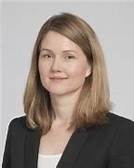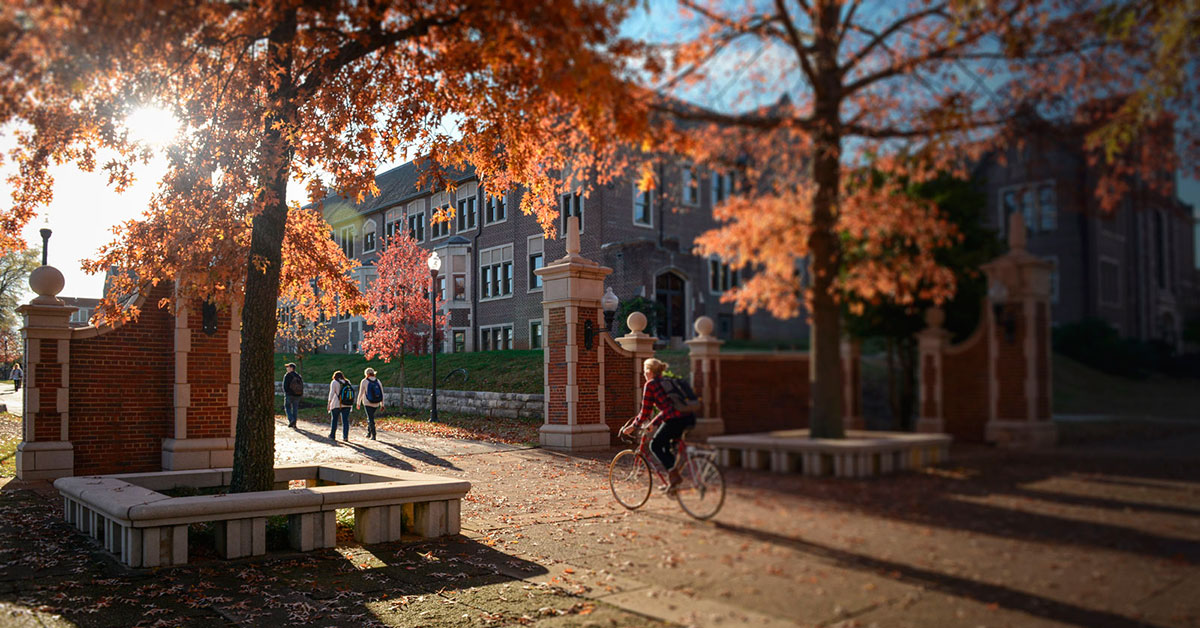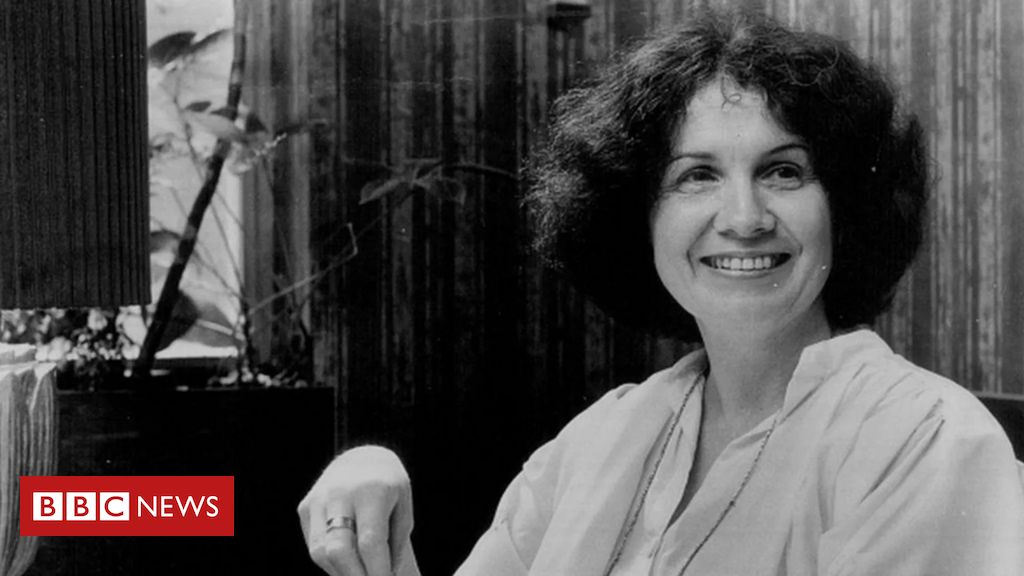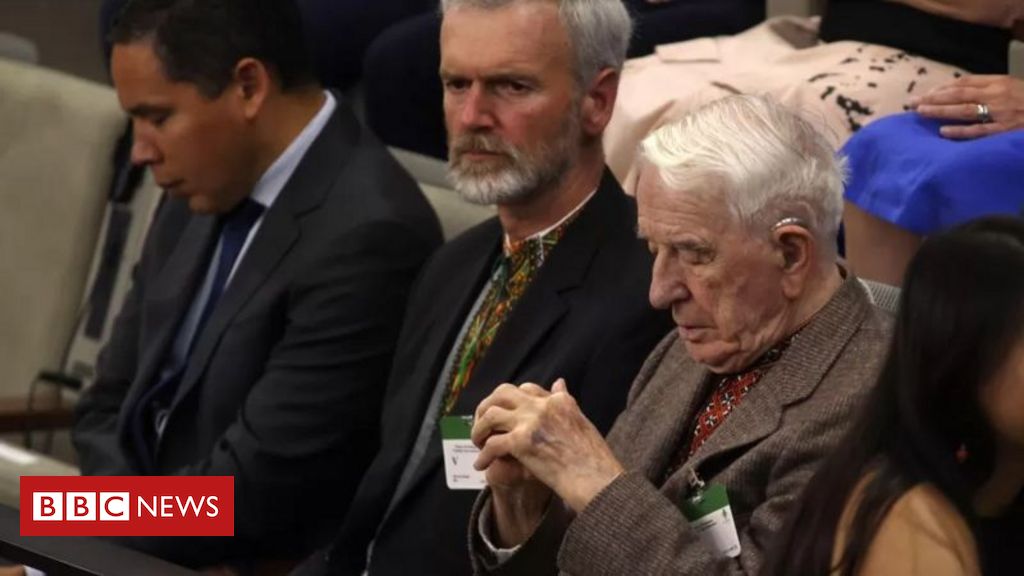Jon Fosse, Norwegian author, won the 2023 Nobel Prize for Literature. The announcement was made this Thursday (5), by the Swedish Academy, in Stockholm.
According to the Academy, the prize was awarded “for his innovative plays and prose that give voice to the unspeakable.”
Born in 1959 in Strandebarm on the west coast of Norway, his first short story, “Han”, was published in a student newspaper in 1981. Two years later, Fosse made his debut with the novel “Raudt, svart” (“Red , black”, without publication in Brazil). Already dubbed the “Norwegian Samuel Beckett of the 21st century,” his work includes fiction, poetry, essays, more than 40 plays and children’s titles.
In September, the Companhia das Letras published “É a Ales”, which presents a reflection on love and loss based on the memories of Signe, a woman who was waiting for her husband, who disappeared after a boat trip in a fjord.
Remember the Nobel Prize winners for literature over the past decade:
2022: Annie Ernaux (France)
A university professor of literature, Annie has written nearly 20 books in which she addresses the weight of social class domination and romantic passion, two themes that have marked her career. Her work, essentially autobiographical, constitutes an x-ray of the intimacy of a woman who evolves according to the great changes in post-war French society.
Among his books is 2000’s “The Event,” in which he recounts a clandestine abortion he underwent in the 1960s. The Academy said his “clinically contained account” of a woman’s illegal abortion 23-year-old narrator in the book remains a work -First among your works.
The author’s debut dates back to 1974, with the novel “Les Armoires Vides”, which was not released in Brazil. She only gained international recognition after the publication of “Les Années”, in 2008, for which she won the Renaudot prize. About this book, the Academy said that “it is his most ambitious project, which has earned him an international reputation and a number of followers and disciples.”
2021: Abdulrazak Gurnah (Tanzania)
Gurnah was born in 1948 and grew up on the island of Zanzibar, before arriving in England in the 1960s as a refugee. The novelist began writing at the age of 21 and has published ten books and several short stories throughout his career. The theme of refugees is the basis of all his work.
The novelist is best known for his 1984 book “Paradise,” set in East Africa during World War I. The work was a finalist for the Booker Prize for fiction at the time.
2020: Louise Glück (United States)
His early books are about failed loves, disastrous family reunions, and existential despair. In her later works, she continues to address themes such as disappointment, rejection, loss and isolation.
2019: Peter Handke (Austria)
Novelist and essayist Peter Handke – co-author of the screenplay for the award-winning film “Wings of Desire” (1987) – was chosen as a Nobel laureate “for his influential work which, through linguistic ingenuity, explored the periphery and the specificity “of human experience”, justified the Swedish Academy.
His first novel, Die Hornissen, (“The Wasps”, in free translation), was published in 1966. The work, as well as the play “Offending the Public”, from 1969, are cited as responsible for the imprint left by the writer. on the literary scene. The works are recognized for their radical experiments.
2018: Olga Tokarczuk (Poland)
His debut in fiction dates back to 1993, with “Podróz ludzi Księgi” (“The Journey of the People of the Book”, in free translation).
According to Nobel, Olga’s real innovation came with her third novel, “Prawiek i inne czasy” (“Primitive Times and Others”), from 1996. The volume is “an excellent example of new Polish literature after 1989.” , estimated the prize committee. .
2017: Kazuo Ishiguro (United Kingdom)
Considered one of the most important living authors in the English language, he is the author of eight books (seven novels and one volume of short stories). “Les Traces du jour” (1989), which won the Man Booker Prize, and “Never Abandon Me” (2005), both adapted for cinema, by Ishiguro. With a versatile work, he moved from memory recordings to science fiction and fantasy.
2016: Bob Dylan (United States)
The option of a musician – not a professional writer – seemed unusual, but Dylan’s name had been mentioned for many years. Also a poet and with several books published, the artist is acclaimed above all for the lyricism of his texts.
2015: Svetlana Alexievitch (Belarus)
Svetlana Alexievich is a Belarusian writer and journalist. According to the prize committee, Alexievitch was chosen for her “polyphonic work, a monument of suffering and courage of our time”. Considered a fierce chronicler of the Soviet Union, she is one of the rare non-fiction authors to win the Nobel Prize.
2014: Patrick Modiano (France)
The Swedish Academy, which awards the Nobel Prize, was referring to the German occupation of France during World War II. Modiano’s works focus on themes such as memory, forgetting, identity and feelings of guilt. Regarding the author’s short stories, the profile emphasizes that “they are constructed on an autobiographical basis” and that diaries and interviews serve as a starting point. The city of Paris is a recurring setting in his novels, almost a character.
2013: Alice Munro (Canada)
Among her best-known works are “Fugitiva” (2006), “Felicity Too Much” (2010) and “The Love of a Good Woman” (2013).
He is particularly known in the West for the work which served as the basis for the 1987 film “Red Sorghum”, directed by Yimou Zhang. The author received 8 million Swedish crowns, a value 20% lower than that given in the previous one.

“Prone to fits of apathy. Beer evangelist. Incurable coffeeaholic. Internet expert.”

:strip_icc()/i.s3.glbimg.com/v1/AUTH_59edd422c0c84a879bd37670ae4f538a/internal_photos/bs/2022/T/r/EAht6sQMmU09RavGschQ/annie-ernaux.jpg)





